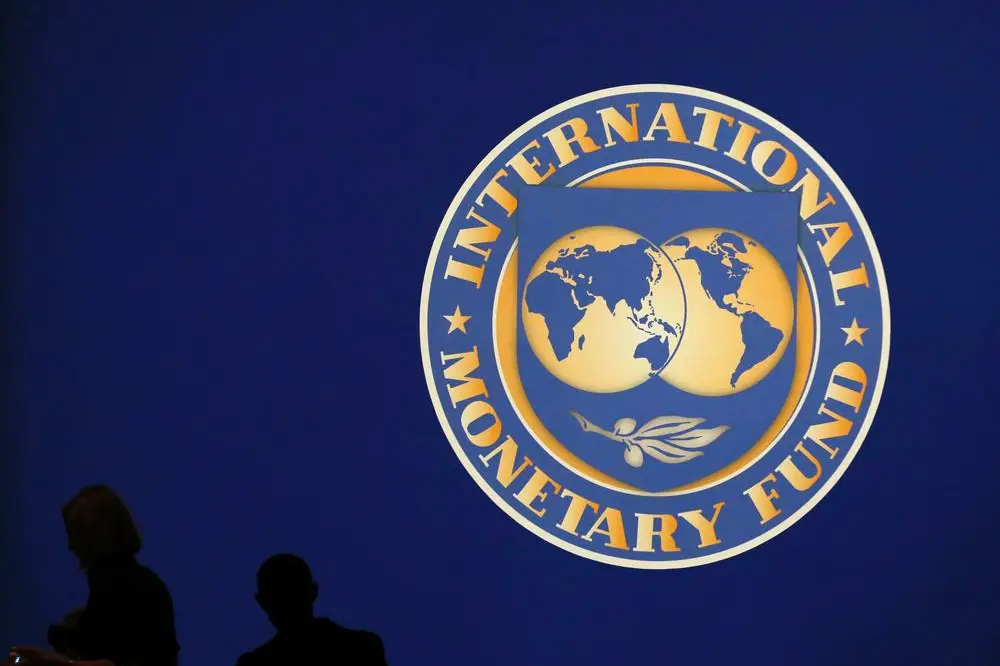PHOTO
Thursday, Jul 21, 2016
Dubai: In view of the strong fiscal buffers, for the near term, the IMF Executive Board sees a gradual adjustment effort in the UAE to be appropriate in order to minimise the negative impact on growth.
The directors have recommended stronger fiscal consolidation, diversification of revenues and rationalisation of current spending, while further strengthening public financial management over the medium term.
They welcomed the plans to introduce a VAT and increase excise taxes, which could be followed by a corporate income tax. Directors also recommended phasing out remaining energy subsidies, while protecting the vulnerable. “Priority should also be given to curb other current spending, while preserving public investment and enhancing its efficiency,” the IMF said in a statement.
Directors noted that developing a consolidated forward-looking medium-term fiscal framework and encouraged the authorities to strengthen the debt management framework to better account for contingent liabilities from Government Related Entities and Public-Private Partnerships.
While recognising that the dirham’s peg to the dollar remains an appropriate anchor for price and financial stability, the IMF directors supported continued efforts to enhance the monetary framework, particularly by improving liquidity management. The IMF called for further steps to develop domestic debt markets and reduce private sector foreign exchange exposure.
Sovereign wealth funds
In dealing with the short term fiscal gap, the IMF directors have encouraged the authorities to tap into sovereign wealth funds and international capital markets to finance the deficit.
The IMF directors have welcomed the ongoing revision of the central bank and banking law and plans to strengthen banking regulation and supervision. They emphasised that the new law should further enhance central bank independence and governance, align the macroprudential institutional framework with best practices, upgrade banking sector regulation and supervision in line with global standards, strengthen safety nets, and improve the resolution framework.
Directors encouraged the authorities to implement their plans to phase in the Basel III capital framework, enforce loan concentration limits, strengthen corporate governance, and move toward risk-based supervision. They supported ongoing efforts to strengthen the AML/CFT framework and address de-risking.
Under Article IV of the IMF’s Articles of Agreement, the IMF holds bilateral discussions with members, usually every year. A staff team visits the country, collects economic and financial information, and discusses with officials the country’s economic developments and policies. The IMF team was in the UAE from April 26 to May 9 for the annual Article IV discussions with the UAE Ministry of Finance and the Central Bank.
By Babu Das Augustine Banking Editor
Gulf News 2016. All rights reserved.





















